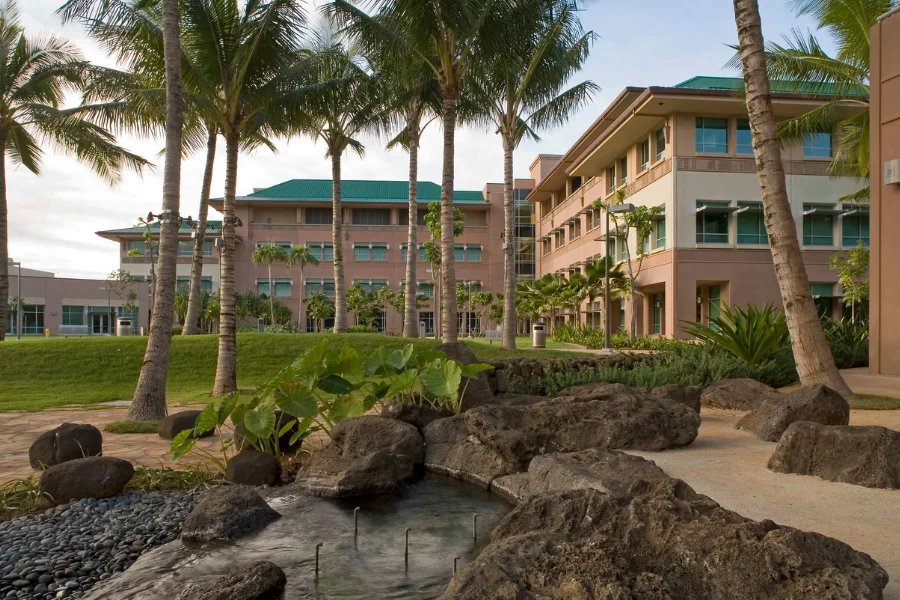
We all know people in the community that many turn to when they have questions.
Need help navigating WIC? "Call Auntie; she can help you apply."
Hesitant about getting vaccinated? "Uncle got his shot; he'll tell you what you need to know."
While we know them as uncles and aunties, there's a name for people like these—"Community Health Workers."
They may lack the standard formal training or western education of typical health workers, but due to the trust they have built, Tellie Matagi, from Papa Ola Lōkahi explains how they can effectively engage with Native Hawaiian and Pacific Islander communities in ways that doctors and health professionals cannot.
“When we're talking about Native Hawaiians and Pacific Islanders, we also have to consider our colonial history and the legacies attached to that. Oftentimes, that leads to a lot of mistrust,” Matagi, a community partner of JABSOM’s Department of Native Hawaiian Health said. “When we go into a situation we're looking for that friendly face, someone who sounds like us, who looks like us, acts like us. We want someone we can go up to and say 'auntie, here's my problem, here's my issue,' and auntie will very kindly take you by the hand and say 'let me walk you through this process.'”
JABSOM, the National Association of Pasifika Organizations (NAOPO), and Papa Ola Lōkahi (POL) collaborated on a project aimed at training and supporting additional Community Health Workers within Native Hawaiian and Pacific Islander communities. This initiative is known as "Peau o le Vasa," which translates to "the waves of the ocean" in Samoan. Recognizing its significance, the National Institutes of Health (NIH) allocated $1.4 million to further develop this project.
“It is those communities that have the largest disparities that suffer the most. So we are looking to address it in a way that changes that,” Matagi said.
"This is an unprecedented partnership and project that brings together a diverse group of Pacific Islanders to address our shared health concerns in ways that are culturally meaningful as well as sustainable beyond the life of this funded project," says Dr. Keawe'aimoku Kaholokula, the Chair of Native Hawaiian Health at the University of Hawai'i and a Co-Principal Investigator for Peau o le Vasa.
Peau o le Vasa is dedicated to crafting a comprehensive curriculum for community health workers that embraces language, culture, and acknowledges the significance of the environment where people live. This initiative is crucial given the elevated prevalence of diabetes, stroke, and heart disease within Native Hawaiian and Pacific Islander (NHPI) communities. Through the involvement of Community Health Workers, Peau o le Vasa aspires to encourage individuals within NHPI communities to actively pursue treatment for these chronic ailments, thus contributing to the reduction of health disparities.
“It's having that assurance that whatever they are referring people to is going to be there to help them, that it's not going to be extractive, that it's going to be for their betterment at the end of the day,” Matagi said.